6 Factors That Affect Car Loan Rates
Whether you're looking for your first car because you just earned your drivers license, or you're looking for a new family vehicle, car finance rates can vary widely among different customers. That’s because every customer has a different financial profile. What remains constant are the factors that lenders take into account when determining a customer’s loan. These six factors can make a big difference to the car loan rate you’re offered.
Factors That Affect Your Car Loan Rate
When negotiating car loan rates — and you should always negotiate — it helps to know what you’re up against. Before heading to a dealer, assess these six factors to determine if you stand a good chance of getting a loan and at what rate.
1. Credit Score
Most people know that their credit score affects whether they are approved for a loan and influences the interest rate at which that loan is charged. Auto loans generally use the Fico Auto Score with a range between 290 and 900. Most lenders require a score of at least 700, although this doesn’t mean you will be declined if your score is lower.
Ashley Dull, Media Manager of BadCredit.org says, “Lenders know most people need a vehicle, therefore, the approval requirements for an auto loan are much more lenient than say a personal loan. Many people can get financed with scores as low as 500, or even no or limited credit history. Auto lenders care more about your income and ability to make the payments than your credit score.”
2. Income
Income is a big determining factor when applying for a loan. Having a full-time job indicates that you will be able to make payments every month. However, the size of your paycheck isn’t the only yardstick. A salaried employee may have an easier time securing a loan than a self-employed person. Furthermore, within the self-employed category, the chances of receiving a loan are greater for those with a registered business versus a freelancer.
3. Length of Term
The longer your loan term is, the more interest you will pay on it. Terms can range from 36 months to 72 months. Car loan interest rates fluctuate but currently range from 5.07% for a 36-month term to 4.56% for a 60-month term. Choosing a term comes down to how much you can afford to pay per month. If you can afford higher installments, your term will be shorter and the total interest paid will be lower.
4. Down Payment or Trade-in
Trading in your old vehicle or making a down payment reduces your loan amount and the total interest it attracts. Trade-ins can lower the loan amount quite substantially. If your current vehicle has a trade-in value of $7,000 and the vehicle you’re buying costs $20,000, you’ll only need a loan of $13,000, provided you don’t owe anything on the trade-in vehicle.
Dealers are also more inclined to grant loans and negotiate rates to customers who make an upfront down payment or trade-in their old vehicle. “Making a down payment can help your approval odds,” says Dull. “Your willingness to put money down on the vehicle shows the lender you're serious about the sale, and they'll do what they can to approve you.”
5. Preapproval
If you’re applying for finance at a bank or credit union and want to test the waters, try to get preapproved for a loan. Preapproval runs a soft check against your credit score to determine what your chances are of being approved for a loan. It can also give you an idea of the interest and term you qualify for.
You can do this with several lenders to see which one offers the best rates. It also gives you leverage when negotiating at the dealership. If the dealer really wants your business, they may try to better the lender’s interest rate.
6. The Dealer’s Profit
When financing through a dealer, they will add an extra percentage on top of the lender’s interest rate. Be aware of this when negotiating rates. The dealer won’t tell you this as it’s an extra bit of profit they’re making on the sale, but it means there is wiggle-room to try to knock down the rate they present you.
Can I Get a Loan With Bad Credit?
Getting a loan with a poor credit rating is difficult but not impossible. There are second chance lenders who specialize in assisting people with bad credit. There is a catch, though — interest rates are much higher because the risk to the lender is high.
Dull suggests buy-here-pay-here lots as an alternative for those with really low credit scores. “Your vehicle selection may be limited, but they approve almost anyone who can prove they can make the payments. The caveat to these dealers is that they usually charge higher interest rates, and you make the payments bi-weekly or weekly instead of monthly.”
Your last option is to delay buying a car until you improve your credit score. It takes approximately three to six months of good credit behavior before your credit score will show signs of improvement. You may need to wait at least a year before your credit score improves to a level where you will qualify for a loan.
If you’re still struggling to get a loan or would prefer to avoid credit altogether, you can save and buy a car with cash. It’s the longer route, but on the plus side, you’ll have no monthly installments and no costly interest rates. You can drive free and clear!






